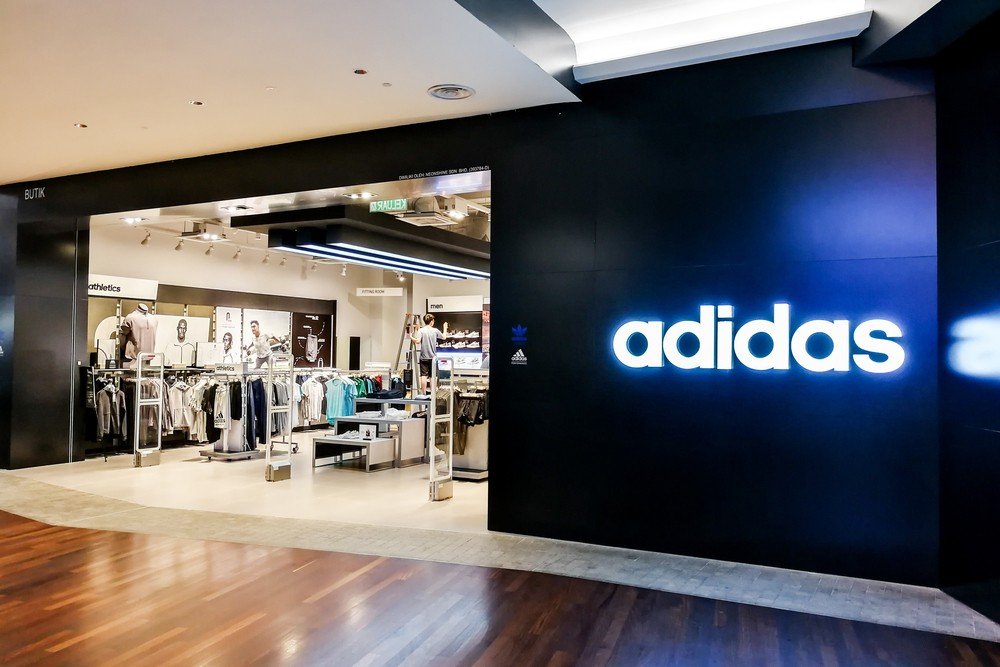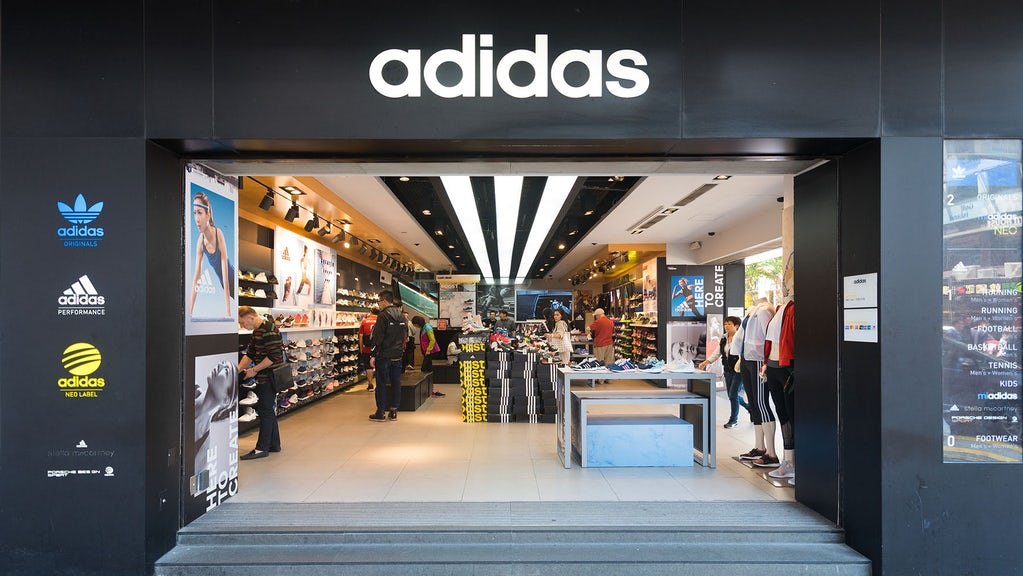When people think of global sportswear, Adidas is one of the first brands that comes to mind.
But a common question is: “Who is Adidas’s main competitor?”
The short answer is Nike, yet the competitive landscape is richer than a single rival.
This article explains who competes with Adidas, how markets differ, and what it means for customers.
Table of Contents
- Adidas and Its Market Position
- Nike – Adidas’s Strongest Global Competitor
- Other Key Adidas Competitors
- Market Comparison: Adidas vs. Nike
- Innovation and Sustainability Race
- How Competition Benefits Consumers
- FAQ
- Conclusion
Adidas and Its Market Position
Founded in Germany in 1949, Adidas is now the second-largest sportswear brand globally.
It is known for:
- Soccer gear and sponsorships (e.g., FIFA World Cup)
- Lifestyle sneakers like Stan Smith and Superstar
- Sustainable innovations like Primegreen and Parley Ocean Plastic

This wide reach sets the stage for competition across sports performance and fashion markets.
Nike – Adidas’s Strongest Global Competitor
Nike, based in the United States, is the largest sportswear company in the world and Adidas’s main rival.
| Aspect | Adidas | Nike |
|---|---|---|
| Founded | 1949, Germany | 1964 (as Blue Ribbon Sports), USA |
| Strength | Soccer, lifestyle collaborations | Basketball, running, global marketing |
| Revenue (2024 est.) | ~$25B | ~$51B |
Why Nike is the main competitor:
- Huge presence in basketball and running
- Global endorsements like Michael Jordan and LeBron James
- Innovative lines like Air, Flyknit, React
👉 Learn more on Nike’s official website.
Other Key Adidas Competitors
While Nike leads, Adidas faces challenges from multiple strong brands:
| Brand | Competitive Edge |
|---|---|
| Puma | Streetwear and soccer focus; also German |
| Under Armour | Performance training gear and athletes |
| New Balance | Running and retro lifestyle sneakers |
| Lululemon | High-end yoga and athleisure |
| ASICS | Advanced running technology |
Each competitor focuses on specific niches that overlap with Adidas’s target markets.
Market Comparison: Adidas vs. Nike
| Category | Adidas | Nike |
|---|---|---|
| Soccer dominance | Sponsorship of FIFA and major clubs | Smaller soccer share |
| Running innovation | Boost midsole technology | Air Zoom & React foam |
| Fashion collabs | Yeezy, Gucci, Prada | Off-White, Travis Scott |
| Sustainability | Parley ocean plastic shoes | Move to Zero recycling program |
Both brands lead in innovation, style, and global distribution, but Nike remains the bigger revenue leader.
Innovation and Sustainability Race
Competition also fuels eco-friendly innovation:
- Adidas uses Primegreen recycled materials and aims for carbon neutrality by 2050.
- Nike promotes Move to Zero, recycling sneakers into new materials.

Consumers benefit from better materials and reduced environmental impact.
How Competition Benefits Consumers
The Adidas–Nike rivalry results in:
- More choice in style and technology
- Better prices and seasonal discounts
- Faster innovation, from running foam to sustainable fabrics
Healthy competition ensures customers get cutting-edge sportswear with improved performance and value.
FAQ
Q1: Who is Adidas’s biggest competitor?
👉 Nike is the top global competitor.
Q2: Are Puma and Adidas still related?
👉 No. Puma split from Adidas’s founder family in 1948 and is now independent.
Q3: Does Adidas compete with Lululemon?
👉 Yes, especially in yoga and athleisure segments.
Q4: Which brand is bigger today?
👉 Nike, with roughly double the revenue of Adidas.
Conclusion
So, who is the main competitor of Adidas?
✅ Nike is the primary global rival, thanks to its dominance in basketball, running, and marketing.
But Adidas also faces strong niche competition from Puma, Under Armour, New Balance, and others.
This global rivalry drives innovation, sustainability, and better options for athletes and lifestyle consumers worldwide.

